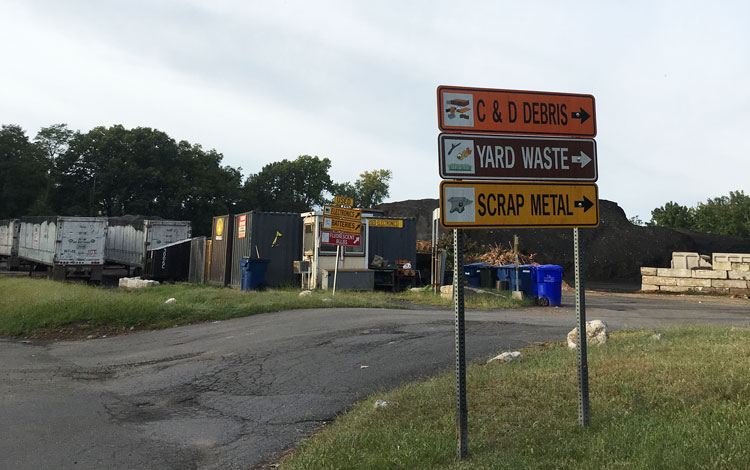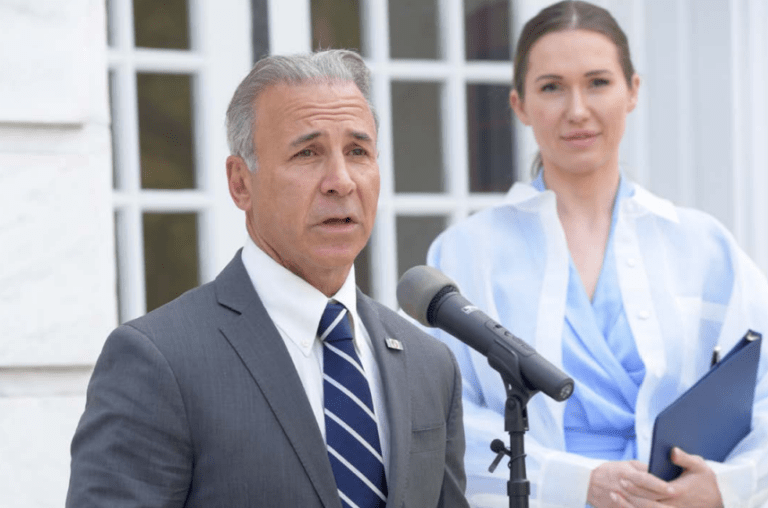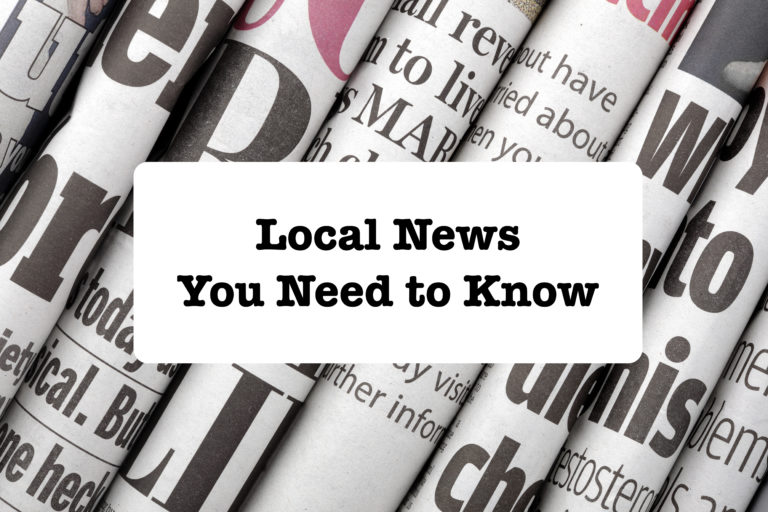
By Richard Kaufman
Just recently, on July 1, the Town of Greenwich implemented changes to its recycling rules in order to streamline the recycling process and reduce contamination.
Plastic bags, shredded paper and styrofoam are the three main materials no longer accepted, as well as other items for single-stream recycling at the Holly Hill Recovery Facility.
According to Patrick Collins, Holly Hill’s Environmental Operations Manager, along with posing a threat to the environment, the materials, especially plastic bags, have jammed up machinery and contaminated other items.
“The shredded paper would get so mixed in with the other materials, that when it goes to the separation plants, it turned into New Year’s Eve; there was confetti everywhere,” Collins said. “So, actually it would wind up as being trash. The styrofoam would break apart and contaminate other materials along with even the packing peanuts, which would aerosol throughout the whole plant.”
Under the new rules, Holly Hill now has separate containers for shredded paper and plastic bags, although residents are urged to use reusable bags and bring back clean plastic ones to the grocery stores from which they came from. Styrofoam should be placed in the trash.
Residents will still be able to bring items such as pizza boxes (no food or oil stains accepted), cardboard, magazines and newspapers, bottles and jars, aerosol cans, aluminum foil, and beverage and food containers. All items should be empty, rinsed, clean and loose.
Items like paper cups for hot or cold beverages, take-out food containers, lids from food items such as yogurt, along with paper towels, tissues and napkins, aren’t accepted under the new rules.
“Anything that has been contaminated by any level of food product, if it’s something that can’t be washed, don’t think that it’s going to be recycled,” Collins said.
China, the world’s largest receiver of recyclable goods, has revamped their whole system and quality control processes because they’ve received large amounts of contaminated material, which is difficult and costly to get rid of. Therefore, countries around the world, especially the United States, are reexamining what should and shouldn’t be recycled.
The state of Connecticut and the Department of Energy and Environmental Protection started a “What’s In, What’s Out” campaign in order to establish guidelines for recycling.
“We took a little time [in coming up with our list of accepted items],” Collins said. “The company that we do our work with, some of the materials that the state said was out, they’re still able to find a way to recycle it. Our list is a little bit different from the state, but, overall, it’s very similar.”
Collins noted that since Greenwich began its Single Stream Recycling process seven years ago, Holly Hill has averaged between 13,500 to 14,500 tons of recyclable material per year.
“Greenwich’s contamination rate is at three percent. We’re a very low number compared to some cities and towns,” Collins said. “We’re always pretty close to the 40 percent range when it comes to our recycling percentages. The town does a great job because people take an interest in it.”
Collins added that it’s going to take some time for residents to adjust and adhere to the new rules, but he’s confident that residents will be eager to learn how they can do their part in recycling.
“What’s tremendous about this town, is that the residents and business owners take an absolute concern on what they need to do, and they want to do the right thing,” he said.
For more information on the rules, guidelines and accepted items, visit greenwichct.org/recycle.



